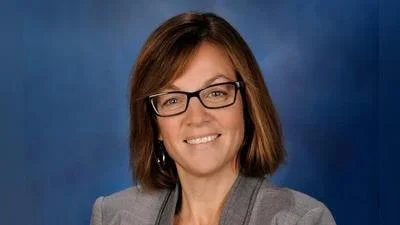Gov. J.B. Pritzker (D-IL) | Facebook/Governor JB Pritzker
Gov. J.B. Pritzker (D-IL) | Facebook/Governor JB Pritzker
Critics are being vocal about the newly enacted gas tax on July 1 as well as the resumption of the state’s grocery tax.
“I told you all we weren't getting taxed enough!” Belleville resident Paul Hertel said on Facebook. “Illinois residents are preparing to face a series of tax increases that will go into effect on July 1, signaling higher costs across various aspects of daily life. The upcoming changes include the reinstatement of the state's grocery tax, an increase in the motor fuel tax, doubled fees for coroners and real estate transactions, and local sales tax hikes in multiple municipalities. These tax adjustments will impact consumers, businesses, and county services, leaving individuals and communities to navigate the financial implications.”
Hertel, a former Air Forces airman, is director of Public Affairs at Civil Air Patrol - Great Lakes Region.
Three days before the Fourth of July, two taxes on essential items in Illinois increased. The state's gas tax was expected to increase by 3.1 cents per gallon, bringing the total tax to 45.4 cents, marking the second increase in the motor fuel tax this year, according to The Center Square. Additionally, the state's 1% tax on groceries, which was temporarily suspended during last year's election cycle, has been reinstated. Gov. J.B. Pritzker defended the reinstatement, citing the need for local government funding, while critics argue that the tax increases place a burden on residents who are already facing high property taxes. The state's recently approved fiscal year 2024 budget also includes other fee increases.
The state effected a gas tax increase at the start of the year, adding 3.2 cents per gallon of gas, resulting in the state having the second-highest gas tax in the United States after California. The State Motor Fuel Tax in Illinois was previously set at $0.423 per gallon of gasoline and $0.498 per gallon of diesel fuel until June 30, Mahomet Daily reported.
The end of the one-year suspension of the grocery tax, implemented by Pritzker, is notable given the majority of states don’t tax food. Despite discussions on making the tax suspension permanent, the majority of state lawmakers opted against joining the states that do not tax groceries at all. According to Illinois Policy, only 13 states in total tax groceries and Illinois is the only among the ten most populous states to impose a tax on groceries.





 Alerts Sign-up
Alerts Sign-up